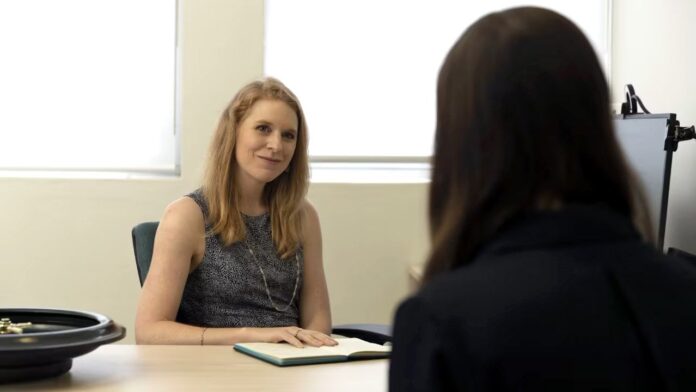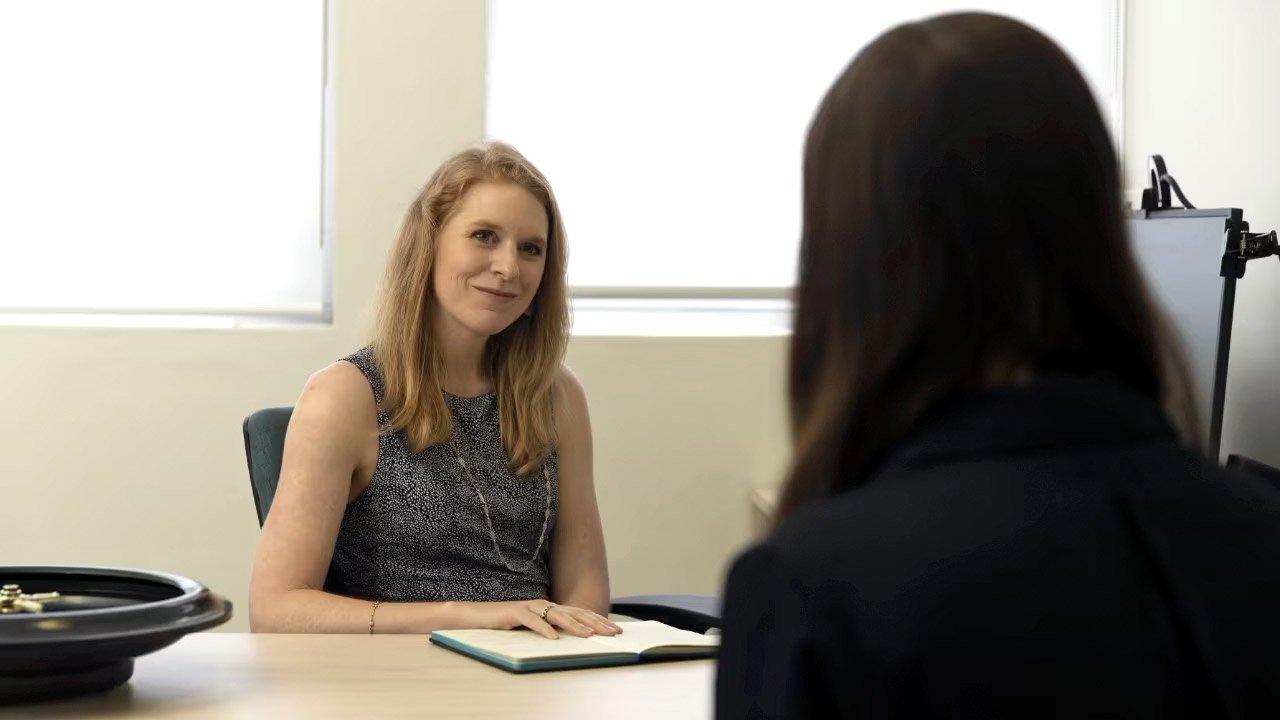The University of Sydney has taken a pioneering step towards understanding gambling behavior and minimizing its potential harm through the establishment of the Centre of Excellence in Gambling Research (CoEGR).
Supported by AUD 600,000 ($388,218) in funding from the International Center for Responsible Gaming (ICRG), a global leader in gambling disorder research, this multidisciplinary center is set to drive critical research in the field.
Heading this endeavor is Professor Sally Gainsbury, a distinguished authority in gambling psychology research. The CoEGR brings together a diverse cohort of researchers from various disciplines, including psychology, economics, business, and public health.
At the core of CoEGR’s methodology lies a groundbreaking approach – partnering with major gambling operators. This unique collaboration will facilitate live trials and evaluations of interventions aimed at fostering positive behavioral changes.
The primary mission of CoEGR is to translate research insights into actionable strategies that can effectively prevent and mitigate gambling-related harms.
Professor Sally Gainsbury
Professor Gainsbury expressed the significance of this collaboration, stating: “This unprecedented collaboration with gambling operators will enable the center to overcome previous limitations in the field, paving the way for new and effective research outcomes.“
These industry partners are set to share de-identified gambling behavior data, permitting researchers to scrutinize new interventions. This unprecedented access to detailed datasets is expected to lead to substantial advancements in the understanding of gambling behavior and its associated challenges.
The multidisciplinary team at CoEGR includes Professors Deborah Cobb-Clark and Agnieszka Tymula from the School of Economics, Associate Professor Daniel Gozman from the Business School, and Dr. Louise Thornton from The Matilda Centre for Research in Mental Health and Substance Use.
Together, this team forms an integral part of the ARC Life Course Centre at the University of Sydney.
“We aim to have a consumer-centric approach to reducing gambling harms. We want to use different ways to approach key problems and consult and learn from individuals who use gambling products as well as stakeholders to develop solutions which will work in the real world,” Professor Gainsbury emphasized.
Previous research conducted by Professor Gainsbury highlighted that around one percent of adults in Western countries experience disordered gambling, and an additional four percent face serious sub-clinical gambling issues. However, less than 10 percent seek professional assistance.
CoEGR aims to address this gap by focusing on preventive interventions and promoting positive behavioral change at the early stages of harm development.
Professor Gainsbury noted: “We want to improve preventive interventions and encourage positive habit change at early-stages of harms developing using communication strategies and consumer-focused tools.”
Thrilled about the center’s prospects, Professor Gainsbury underlined the commitment to translating research outcomes into tangible policy changes.
“Through our collaboration with industry operators, policy makers, regulators, community organizations, and consumers, as well as leveraging the international experts on our Advisory Committee, we aim to ensure that our research findings directly inform policy and practice, leading to real-world harm reduction.”
CoEGR will be integrated into the University’s existing support structures, including the Brain and Mind Centre, the Gambling Treatment and Research Clinic, and the Technology Addiction Team. This comprehensive approach underscores the University’s commitment to a holistic understanding of gambling-related issues.
This funding will also aid postdoctoral researchers in psychology and economics, enabling comprehensive investigations into gambling behavior’s societal implications.
Original article: https://www.yogonet.com/international/noticias/2023/08/16/68335-university-of-sydney-launches-centre-of-excellence-in-gambling-research
















